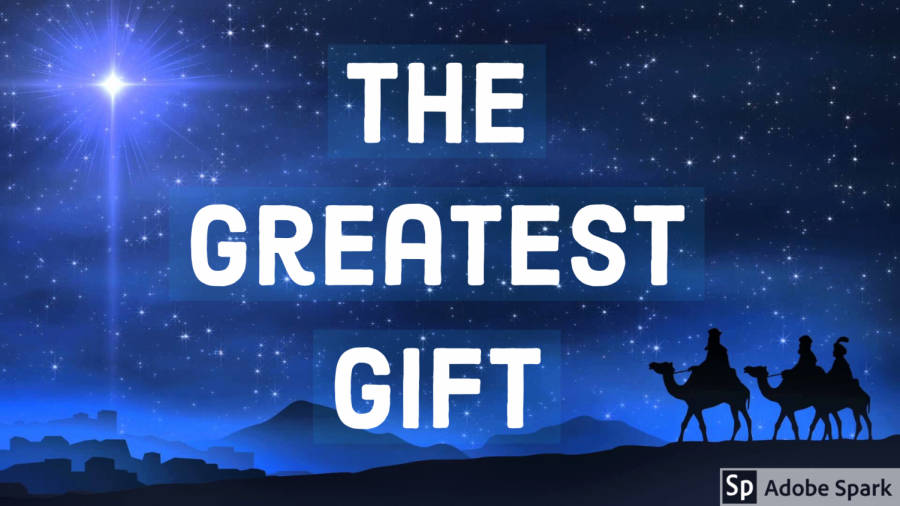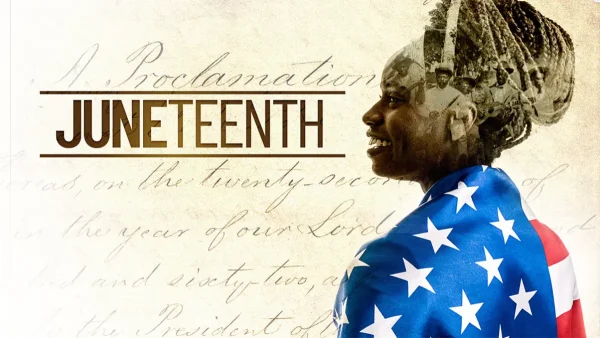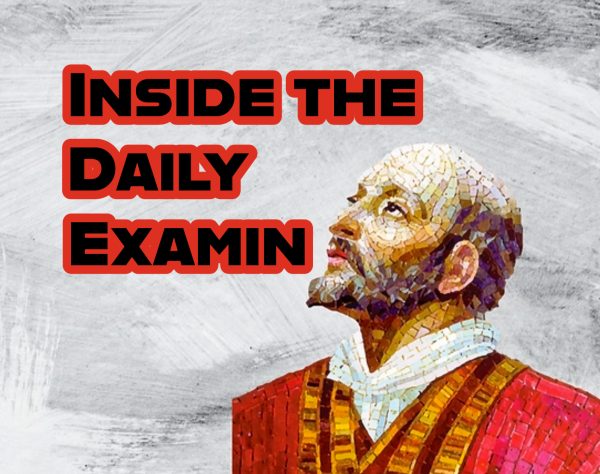The greatest gift
The Pioneer invited members of the Walsh Jesuit community to share their personal reflections on the Christmas season.
“Jesus is the reason for the season!” We hear this phrase often during this time of year, and it is usually followed by a lecture that sounds something like “It’s not about the gifts, but about the gift of Christ to the world.” It sounds nice. It might even sound like white noise – “Blah, blah, blah, I know this!” The things we hear often remain as just things we know and not as things we experience. There is a major difference between the two.
Consider even the questions we ask people around the Advent and Christmas seasons. (Yes, there is a difference between the two, but that is for another article.) What are you doing for Christmas break? What do you want for Christmas? Instead, what if we asked others how they are preparing their hearts for Christmas? What grace are you hoping for this Christmas? How are you spending time with God this Christmas? It’s all about the preparation before the celebration! Christmas can begin to become more than just talking about God and more about celebrating it with Him. Party on!
What is great is that the “season” helps us enter into the “reason” and experience it rather than merely talk about it. Christmas is the celebration of God wanting to enter our human experience via the Incarnation. The Incarnation is the most mysterious and awesome event in history — when God’s Word becomes flesh, becomes one of us! God sends His only Son in order to experience our life, to be close to us, and bring us back into His life. That is an incredible thing to ponder! Consider how God does not just think about us but wants to be with us so much that He becomes a human to share in our experiences. So instead of talking about what is “the reason for the season,” you can encounter that reason. *Mind blown!
–Ms. Mary Kate Glowe, M.A., Theology teacher
The Salvadoran martyr and saint Archbishop Oscar Romero counsels us to “not seek the child Jesus in the pretty figures of our Christmas cribs.” Instead, he suggests “we must seek him among the undernourished children who have gone to bed tonight with nothing to eat.”
Our Advent readings await the arrival of Immanuel, “God with us.” A remarkable part of Jesus’ story is the extent to which he lived in solidarity with the suffering people of his own time. Romero’s words and Jesus’ example both invite us, during this holiday season, to ask ourselves whether we are truly standing in solidarity with those in our world who are hurting and vulnerable while encouraging us to make time for being with our own loved ones.
As much as Christmas can become a celebration of escapist materialism, it ought to remind us that meaning and fulfillment are found when we celebrate the simplest part of our existence, being with others.
–Mr. David LaGuardia, M.A., Theology teacher, Assistant coach men’s soccer, WJ Class of 1997
Anthony de Mello, S. J. was an Indian Jesuit priest and psychotherapist. I met him over 40 years ago when I was a much younger Jesuit. For two weeks he taught me and a number of my fellow Jesuits how to pray. Tony had a way of looking at life through parables. Here is one he shared which explains how I think about the Advent/Christmas season.
THE PRICELESS TREASURE
A group of tourists sits in a bus that is passing through gorgeously beautiful country: lakes and mountains and green fields and rivers. But the shades of the bus are pulled down. The passengers do not have the slightest idea of what lies beyond the windows of the bus. And all the time of their journey is spent in squabbling over who will have the seat of honor in the bus, who will be applauded, who will be well considered. And so, they remain trapped in their own little world till the journey’s end.
For me Advent/Christmas is a time when the shades of the bus are lifted just a little, and we see the beauty of the world in which we actually live but often refuse to view as we focus instead on ourselves and our petty concerns.
–Fr. Ken Styles, SJ, Academic Resource Center tutor
Think of the great God of all galaxies, the Infinite, the Source of Being. Hold your finger, squeeze its flesh. This great God became this flesh that you touch; he became matter. Incarnation comes from “in” meaning in and “caro carnis” flesh in Latin. Our bodies, all matter (animal, plant, inert) has now become sacred. We should gaze in wonder at this miracle and exult. As one the early fathers of the church, St. Athanasius, said, “God became man so that man could become God.”
–Mr. Nick Russo, Ph.D., Latin teacher
Christmas is, no doubt, one of the most joyous times of year. It is a season of celebration, giving, and being with family. Of course, we love getting excited for the big dinners, decorating the tree, receiving gifts, and Santa… but why do we really celebrate Christmas?
We should take a step back to remember that Christmas is the time when we get to celebrate the greatest gift that was ever given to the world, Jesus. As we go about our holiday season, let’s keep in mind “the reason for the season.” Jesus Christ was born to save us and give us eternal life. That IS something to celebrate! Next time you see a nativity scene, take a moment and thank God for the loving gift of His son.
Thank God also for the amazing time that you get to celebrate with family and friends. After all, it’s these people who make the cookie baking, tree decorating, Christmas caroling, and gift giving so worth it. Enjoy all the holiday festivities and traditions, but remember, “Jesus is the reason for the season!”
–AJ Dashner, WJ Class of 2020






